 | |
| Host city | Dublin, Ireland |
|---|---|
| Motto | Share the Feeling (Irish: Comhroinn an Mothú) |
| Nations | 166 |
| Events | 23 sports |
| Opening | 21 June 2003 |
| Closing | 29 June 2003 |
| Opened by | Mary McAleese and Nelson Mandela |
| Main venue | Croke Park |
| Summer | |
| Winter | |
The 2003 Special Olympics World Summer Games (Irish: Cluichí Samhraidh Oilimpeacha Speisialta 2003) were hosted in Dublin Ireland, with participants staying in various host towns around the island in the lead up to the games before moving to Dublin for the events.[1] Events were held from 21 to 29 June 2003 at many venues including Morton Stadium, the Royal Dublin Society, the National Basketball Arena, all in Dublin. Croke Park served as the central stadium for the opening and closing ceremonies, even though no competitions took place there. Belfast, Northern Ireland was the venue for roller skating events (at the Kings Hall), as well as the Special Olympics Scientific Symposium (held from 19 to 20 June).
The Games
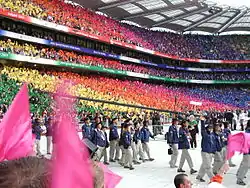
The 2003 World Games were the first to be held outside of the United States.[2] This was the largest sporting event held in 2003.[3]
Opening ceremony
The opening ceremony was held in Croke Park featured an array of stars and was hosted by Patrick Kielty.[4] The band U2 were a major feature, and Nelson Mandela officially opened the games.[5] Other performances included The Corrs and the largest Riverdance troupe ever assembled on one stage.[6] 75,000 athletes and spectators were in attendance at the opening ceremonies. Irish and international celebrities such as Arnold Schwarzenegger and Jon Bon Jovi walked with the athletes, with Muhammad Ali as a special guest and Manchester United and Republic of Ireland football player Roy Keane taking the athletes oath with one of the Special Olympians.[7][8]
The Games Flame was lit at the culmination of the Law Enforcement Torch Run, which more than 2,000 members of the Garda Síochána (Irish Police) and the Police Service of Northern Ireland took part in. This was a series of relays carrying the Special Olympics Torch, the "Flame of Hope", from Europe to the Games' official opening.[9][10]

The ceremony was officially opened by President of Ireland Mary McAleese and attended by Taoiseach (Prime Minister of Ireland) Bertie Ahern.[11][8]
Organisation
The organising committee, which was formed in 1999 following the success of the bid, was chaired by entrepreneur Denis O'Brien.[12] The chief executive was Mary Davis.[13]
The 2003 games were the first to have their opening and closing schemes broadcast on live television, and Radio Telefís Éireann provided extensive coverage of the events through their 'Voice of the Games' radio station which replaced RTÉ Radio 1 on Medium Wave for the duration of the event.[14] There was also a nightly television highlight programme.
Among the activities carried out during the Games were thorough medical checks on the athletes, some of whom had previously undiagnosed conditions uncovered, as some of the athletes came from countries with limited medical facilities or had difficulty communicating their symptoms.[15]
A daily newspaper, the Games Gazette was published for each day of the games.[16]
Among the contributors to the Games was the Irish Prison Service. Prisoners in Mountjoy Prison, Midlands Prison, Wheatfield Prison and Arbour Hill Prison who constructed podiums and made flags, towels, signs, benches and other equipment.[17]
Volunteer programme
30,000 volunteer officials and support staff assisted in the running of the games, including 900 staff of the Bank of Ireland who coordinated the host town programme,[18][19] and 800 members of the Irish Defence Forces who maintained the radio communication network, and provided support for bridge building, security duties, VIP drivers, standard bearers for ceremonial events.[20] The Irish Red Cross, Order of Malta and St. Johns Ambulance Brigade Ireland provided emergency medical teams at the event sites. Approximately 1,300 members of both Scouting Ireland (CSI) and Scouting Ireland SAI staffed the Awards Teams for all the disciplines throughout the games.[21] 165 volunteers from the then 15 countries of the EU took part in a European Volunteer Project (EVS), the first ever to be organized in event-related mode. The volunteers are commemorated by having their names on a series of plaques situated in Dublin Castle, just outside the Chester Beatty Library.[22]
Participating teams
Approximately 6500 athletes from 166 countries competed in the games in 18 official disciplines, and three exhibition sports.[23][24] The participants from Kosovo were the region's first team at an international sporting event.[25][26]- A 12-member team from Iraq received special permission to attend the games, despite ongoing war in their home nation. Ireland was represented by an all-island team with athletes from both the Republic of Ireland and Northern Ireland.[27] Athletes from Taiwan competed under the name "Chinese Taipei".[28] Athletes from the United States were grouped into eight regional teams; Great Lakes, Mid Atlantic, New England, North Central, North West, South Central, South East, South West.[24]
The following teams participated, grouped by Special Olympics regions:
- Africa
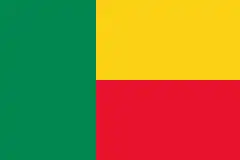 Benin
Benin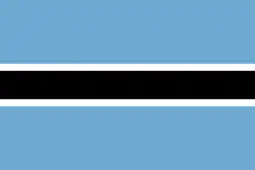 Botswana
Botswana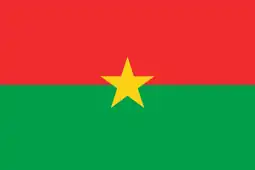 Burkina Faso
Burkina Faso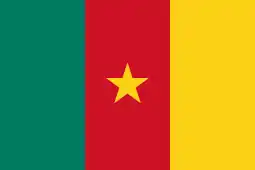 Cameroon
Cameroon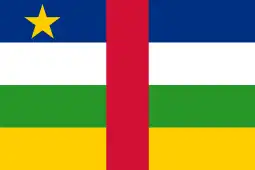 Central African Republic
Central African Republic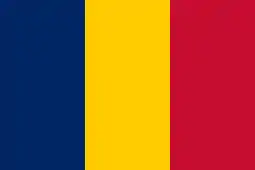 Chad
Chad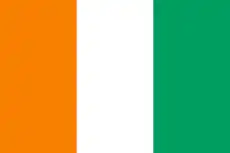 Cote D'Ivoire
Cote D'Ivoire.svg.png.webp) Democratic Republic of Congo
Democratic Republic of Congo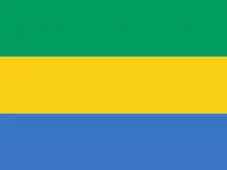 Gabon
Gabon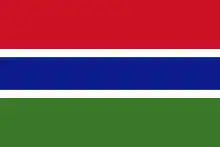 Gambia
Gambia Ghana
Ghana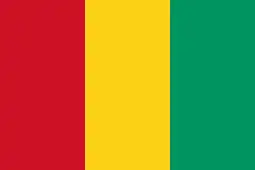 Guinea
Guinea Kenya
Kenya.svg.png.webp) Lesotho
Lesotho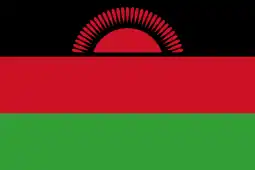 Malawi
Malawi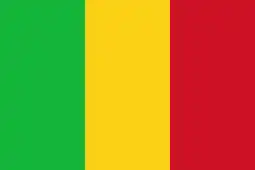 Mali
Mali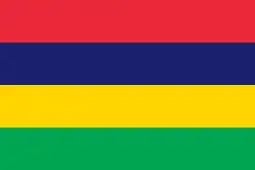 Mauritius
Mauritius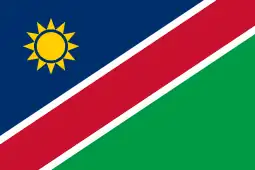 Namibia
Namibia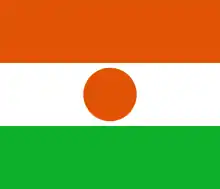 Niger
Niger Nigeria
Nigeria Réunion
Réunion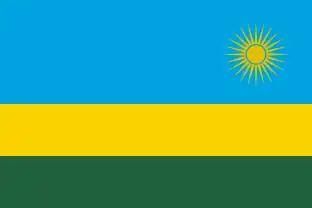 Rwanda
Rwanda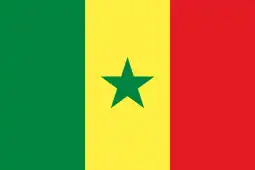 Senegal
Senegal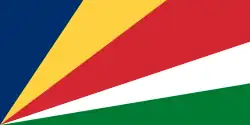 Seychelles
Seychelles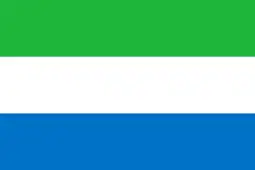 Sierra Leone
Sierra Leone South Africa
South Africa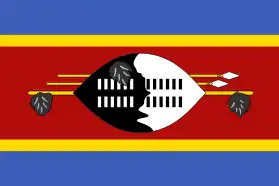 Swaziland
Swaziland Tanzania
Tanzania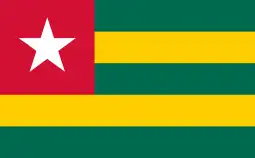 Togo
Togo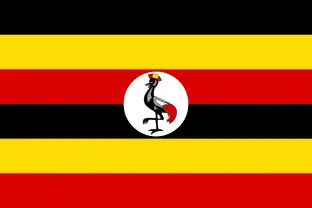 Uganda
Uganda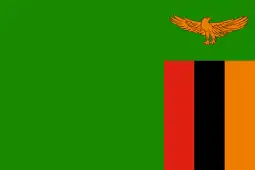 Zambia
Zambia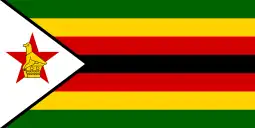 Zimbabwe
Zimbabwe
- Asia Pacific
.svg.png.webp) Afghanistan
Afghanistan American Samoa
American Samoa.svg.png.webp) Australia
Australia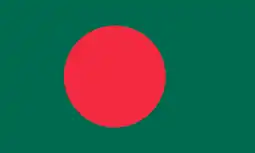 Bangladesh
Bangladesh Guam
Guam India (Bharat)
India (Bharat) Indonesia
Indonesia Japan (Nippon)
Japan (Nippon) Malaysia
Malaysia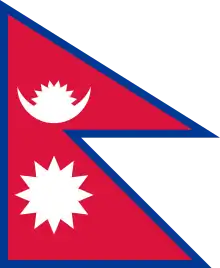 Nepal (Nepa)
Nepal (Nepa) New Zealand
New Zealand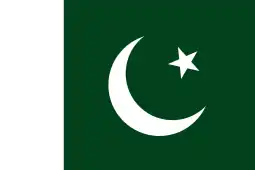 Pakistan
Pakistan Philippines (Pilipinas)
Philippines (Pilipinas)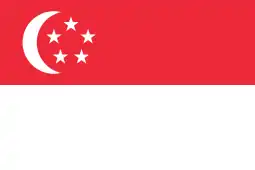 Singapore
Singapore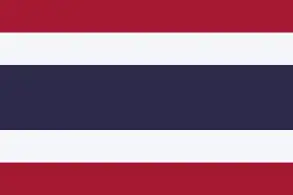 Thailand
Thailand
- East Asia
 China
China Chinese Taipei
Chinese Taipei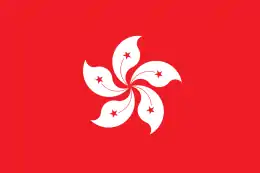 Hong Kong
Hong Kong Macau
Macau South Korea (Korea)
South Korea (Korea)
- Europe and Eurasia
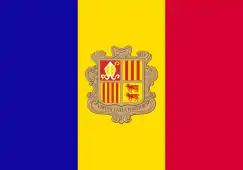 Andorra
Andorra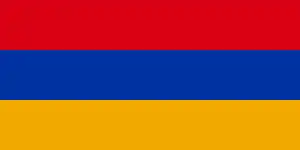 Armenia
Armenia Austria
Austria Azerbaijan
Azerbaijan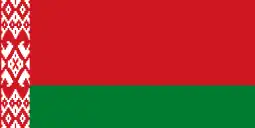 Belarus
Belarus.svg.png.webp) Belgium
Belgium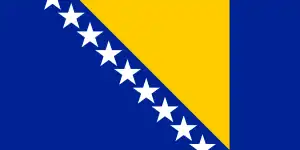 Bosnia and Herzegovina
Bosnia and Herzegovina Bulgaria
Bulgaria Croatia
Croatia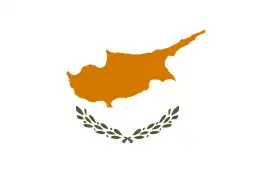 Cyprus
Cyprus Czech Republic
Czech Republic Denmark
Denmark Estonia
Estonia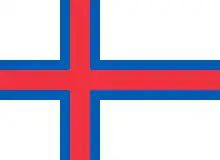 Faroe Islands
Faroe Islands Finland
Finland France
France Georgia
Georgia Germany
Germany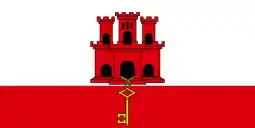 Gibraltar
Gibraltar Great Britain
Great Britain Greece (Hellas)
Greece (Hellas) Hungary
Hungary Iceland
Iceland Ireland (Host)
Ireland (Host)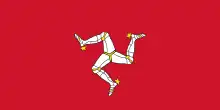 Isle of Man
Isle of Man Israel
Israel Italy
Italy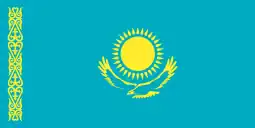 Kazakhstan
Kazakhstan Kosovo
Kosovo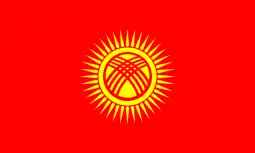 Kyrgyzstan
Kyrgyzstan Latvia
Latvia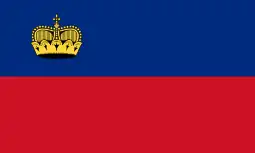 Liechtenstein
Liechtenstein Lithuania
Lithuania Luxembourg
Luxembourg FYR Macedonia
FYR Macedonia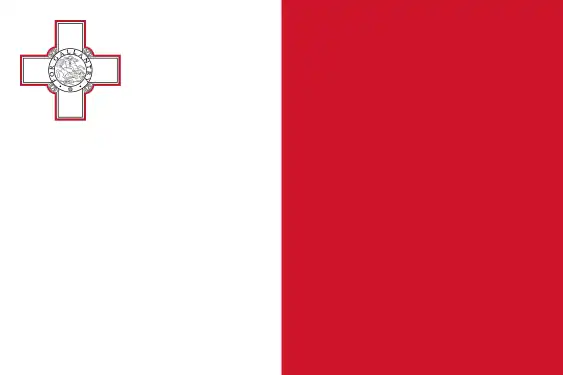 Malta
Malta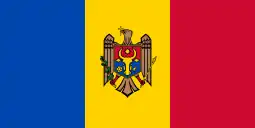 Moldova
Moldova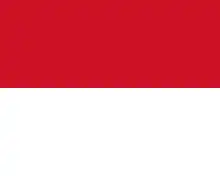 Monaco
Monaco Netherlands
Netherlands Norway
Norway Poland
Poland Portugal
Portugal Romania
Romania Russia
Russia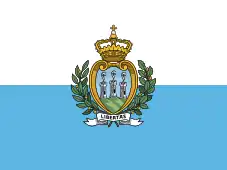 San Marino
San Marino.svg.png.webp) Serbia and Montenegro
Serbia and Montenegro Slovakia
Slovakia Slovenia
Slovenia Spain
Spain Sweden
Sweden.svg.png.webp) Switzerland
Switzerland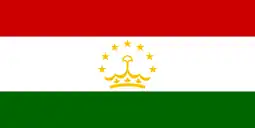 Tajikistan
Tajikistan Turkey (Türkiye)
Turkey (Türkiye)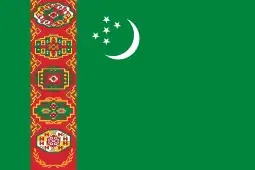 Turkmenistan
Turkmenistan Ukraine
Ukraine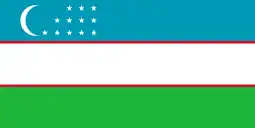 Uzbekistan
Uzbekistan
- Latin Amierca
- Middle East and North Africa
- North America
Host town programme
177 towns, cities and villages and the Aran Islands hosted national delegations in the run up to the games.[8] Each town ran programmes to educate the local community about the customs of the country they would host and provided facilities for the teams to acclimatise. Newbridge, County Kildare, host to the Japan delegation won the award for best host town.[29]
Events
Athletes and coaches such as Lleyton Hewitt and his coach Roger Rasheed (tennis);[30] Seve Ballesteros,[31] Sandy Lyle and Andrew Marshall (golf),[32] Mick O'Dwyer (Gaelic football) and Brian Kerr (soccer) met and encouraged athletes at events during the games.[33]
Events and venues were:[34]
- Aquatics — National Aquatic Centre, Blanchardstown
- Athletics (track and field) — Morton Stadium, Santry
- Badminton — Badminton Centre, Baldoyle
- Basketball — National Basketball Arena, Tallaght; University College Dublin (UCD), Belfield
- Bocce — Royal Dublin Society (RDS), Ballsbridge
- Bowling — Leisureplex, Blanchardstown
- Cycling — Phoenix Park
- Equestrian — Kill Equestrian Centre, Kill, County Kildare
- Football (soccer) — Athletic Union League Clonshaugh; UCD
- Golf — Portmarnock GC; Elm Green GC, Dunsink
- Gymnastics (artistic and rhythmic) — RDS
- Judo — Sportslink, Santry
- Kayaking — Salmon Leap Canoe Club, Leixlip
- Motor Activity Training Program — RDS
- Pitch and putt — Glenville Pitch & Putt, Old Bawn
- Powerlifting — RDS
- Roller skating — King's Hall, Belfast
- Sailing — Royal St. George Yacht Club, Dún Laoghaire
- Table tennis — RDS
- Team handball — National Show Centre, Cloghran
- Tennis — David Lloyd Riverview, Clonskeagh
- Volleyball — ALSAA, Dublin Airport; Dublin City University, Glasnevin
References
Sources
- Office of the Tánaiste (1997). "Report of the interdepartmental group established to examine the feasibility of Ireland making a bid to host the Special Olympics World games in 2003" (PDF). Dublin: Stationery Office.
- "Perceptions of the Special Olympics Experience; 2003 Special Olympics World Summer Games" (PDF). Special Olympics.
Citations
- ↑ "The Sun Never Sets on the Special Olympics Movement". Special Olympics. Retrieved 4 September 2017.
- ↑ Tierney, Lynn (August 2003). "A Very Special Olympics". IrishAmerica.com. Archived from the original on 15 August 2020.
- ↑ "Special Olympics 2003 - Ten Years On". RTÉ Sport. 21 June 2013.
- ↑ "Patrick Kielty, MC speaking to the audience at the Opening Ceremony of the Special Olympics World Summer Games, Croke Park Dublin 2003". 17 November 2010 – via Flickr.
- ↑ Russell, Adrian (21 June 2013). "18 images that will remind you how amazing the Special Olympics opening ceremony was". The 42.
- ↑ "Special Olympics World Games Opening Ceremony 21st June 2003". 21 June 2003.
- ↑ "ShowBiz Ireland - Special Olympics 2003 comes to town". www.showbiz.ie.
- 1 2 3 Nugent, Ryan (17 June 2023). "Legacy of 2003 Special Olympics remains strong as Irish athletes descend on Berlin for a tilt at glory". Independent.ie.
- ↑ "Marketing contribution to Torch Run After Action Report" (pdf). SpecialOlympics.org. 2003.
- ↑ "Cheering crowds welcome Olympic flame". IrishExaminer.com. 13 June 2003.
- ↑ "President of Ireland, Mary McAleese at the Opening Ceremony of the Special Olympics World Summer Games, Croke Park, Dublin 2003". 17 November 2010 – via Flickr.
- ↑ "Special Olympics Closing Ceremony". RTÉ Archives.
- ↑ Harrison, Marian (31 August 2010). "Mary for president?". WesternPeople.ie. Archived from the original on 27 September 2011.
- ↑ "Voice of the Games". Radiowaves.FM.
- ↑ "High Prevalence of Hearing Loss at the Special Olympics: Is This Representative of People with Intellectual Disability? | Request PDF".
- ↑ "Games Gazette: the Official Newspaper of the 2003 Special Olympics World Summer Games". National Library of Ireland.
- ↑ Breslin, John (10 June 2003). "Special Olympian effort by inmates, prison officers". IrishExaminer.com.
- ↑ "2003 Special Olympics World Games launches appeal for 160 towns". Wexford People. 18 May 2001 – via Independent.ie.
- ↑ "Building on wave of support for Special Olympics". Wexford People. 4 December 2003 – via Independent.ie.
- ↑ "Defence Forces to chip in for Special Olympics". Irish Examiner. 21 May 2003.
- ↑ "Now let the 2003 Games begin". Independent.ie. 19 June 2003.
- ↑ Little, Rebecca (9 December 2003). "Sculpture for Olympics volunteers unveiled". The Irish Times.
- ↑ "2003 Special Olympics Competition Results". www.2003specialolympics.com. Archived from the original on 4 December 2003. Retrieved 10 August 2022.
- 1 2 "2003 World Summer Games". www.2003specialolympics.com. Archived from the original on 15 July 2003. Retrieved 10 August 2022.
- ↑ "Team Kosovo". Archived from the original on 20 November 2008. Retrieved 14 January 2008.
- ↑ "2007 Special Olympics World Summer Games > EE.SO Kosovo". Archived from the original on 19 September 2008.
- ↑ "Special Olympics: Ireland celebrate seven up medal heaven". 27 June 2003 – via BelfastTelegraph.co.uk.
- ↑ "2003 World Summer Games > EA.SO Chinese Taipei". www.2003specialolympics.com. Archived from the original on 4 September 2003. Retrieved 10 August 2022.
- ↑ "Newbridge wins Bank of Ireland Host Town of the Year Award". Special Olympics World Summer Games 2003. Archived from the original on 24 January 2004. Retrieved 27 February 2022.
- ↑ "Hewitt is a smash hit with special athletes". EnfieldIndependent.co.uk. 30 June 2004.
- ↑ Foley, Cliona (23 June 2003). "Seve tees off with golfing athletes". Independent.ie.
- ↑ McDonagh, Marese (24 June 2003). "Stars still around as Bertie boos fall on deaf ears". Independent.ie.
- ↑ George, Bill (24 December 2003). "Special Olympics light up the year". Irish Examiner.
- ↑ Special Olympics, p.7; Condon, Deborah. "The Special Olympics is here". IrishHealth.com. Retrieved 30 July 2018.; Heffernan, Breda (27 June 2003). "Tipp boys vital to Ireland". Independent.ie. Retrieved 30 July 2018.